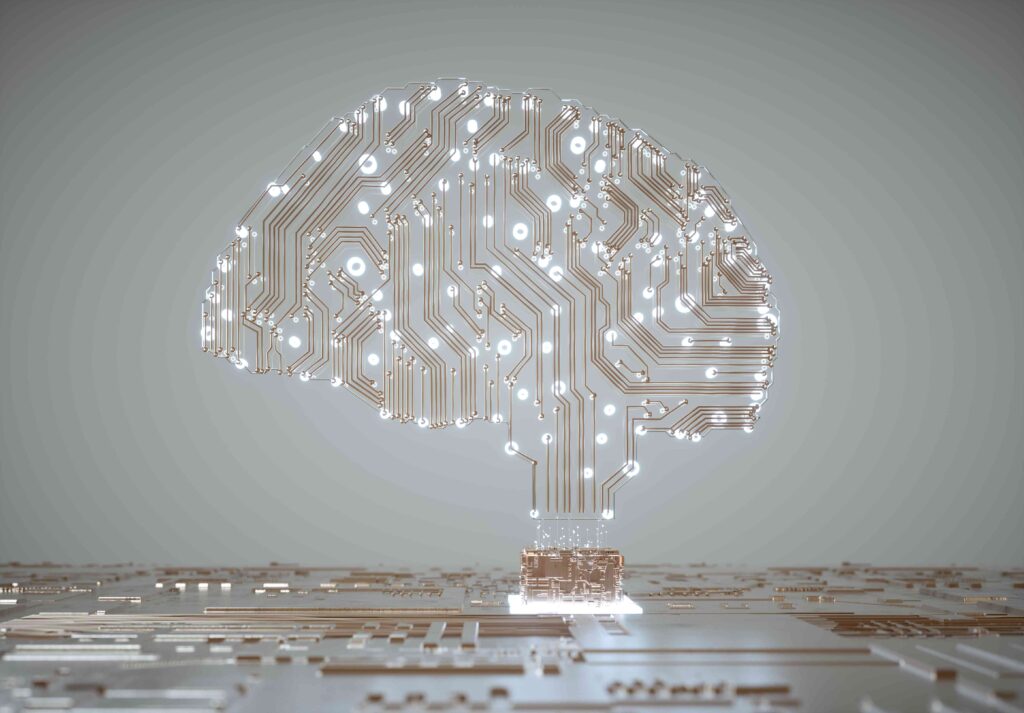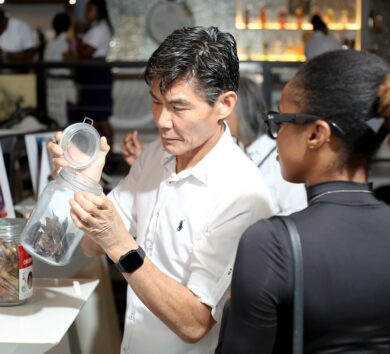

The rapid adoption and development of AI tools such as ChatGPT, Dall-E and Google’s Bard and the risks to certain jobs have become a hot topic in academic discussion.
Questions of what exactly is AI, and what does it mean for the news industry as a business, for upcoming journalists and society’s source of true information about the world were the points for discussion at a recent panel discussion for World Press Freedom day, hosted by the Press Association of Jamaica (PAJ) called Artifical Intelligence: A threat to Journalism held at the University of the Commonwealth Caribbean (UCC) on Wednesday (May 3).
The panel discussion featured four experts who shared their insights from their respective fields.

Dr Gunjan Mansingh, head of the Department of Computing at the University of the West Indies Mona Campus and a panellist showcased in her presentation the history of AI and highlighted that even a complete definition of what AI is.
“Everyone is talking about AI and it has been around for a long time but even in the field of AI people have been unable to really define AI. Is it something that thinks humanly or acts humanly; or something that thinks or acts rationally,” said Dr Mansingh.
She went on to point out that AI can be considered something with two properties; autonomy and adaptivity, and this technology has been around since the 1950s.

Adrian Dunkley, founder of StarApple AI and another panellist questioned the psychological ramifications of incorporating AI into the vulnerable members of society.
“Yes, there are concerns about ethics and truth but if you think about kids who don’t know any better, how is this going to affect them psychologically? As humans, we are vulnerable through our emotions and we can be manipulated,” said Dunkley.
He continued by pointing out that journalism is a powerful tool for disseminating the truth but without guardrails can be used to inflict harm upon a society. Messages curated by AI can now access more people at a faster pace but human involvement is still necessary for integrity, to inspire critical thinking and to determine the importance of certain issues.
“We rely on journalists not just to present us with news and facts, but also in a way that we can ingest it effectively, we rely on them to inspire us to think about things we haven’t thought about,” continued Dunkley.

Senior staff reporter at The Gleaner Jovan Johnson, another panellist, discussed how AI can be integrated into journalism while ensuring ethical and responsible use of the technology. He argued that AI can be used to improve news gathering, production, and distribution processes. However, the fundamental principles of journalism, such as truth and fairness, must remain central to ensure that the technology is used appropriately.
“What we have to do as journalists, using our fundamental principles as journalists, so issues of truth, verification and fairness are critical and once we can agree these will remain then anything else that comes after that including AI, then we will just have to adopt the technology,”
He further emphasised the importance of addressing bias in data gathering that AI is trained on.

Veteran journalist Al Edwards, CEO of Our Today and final panellist discussed the impact of AI on journalism.
He acknowledged that while technology is necessary for the profession to progress, it also poses a threat to the core tenet of journalism, which is human truth.
“The central tenet of journalism is truth, human truth. Yet that truth is being disseminated by something artificial, but at the same time if you think about it, we did not stick to the quill in the era of the typewriter nor did we stick to the typewriter in the era of the laptop,” said Edwards.
He pointed out the debilitating effect that social media has had on journalism and raised that due to legal and ethical issues, media houses need to redefine their libel laws.
He cautioned that while AI technology has the potential to make the profession better, it should not be allowed to decimate the industry.







Comments